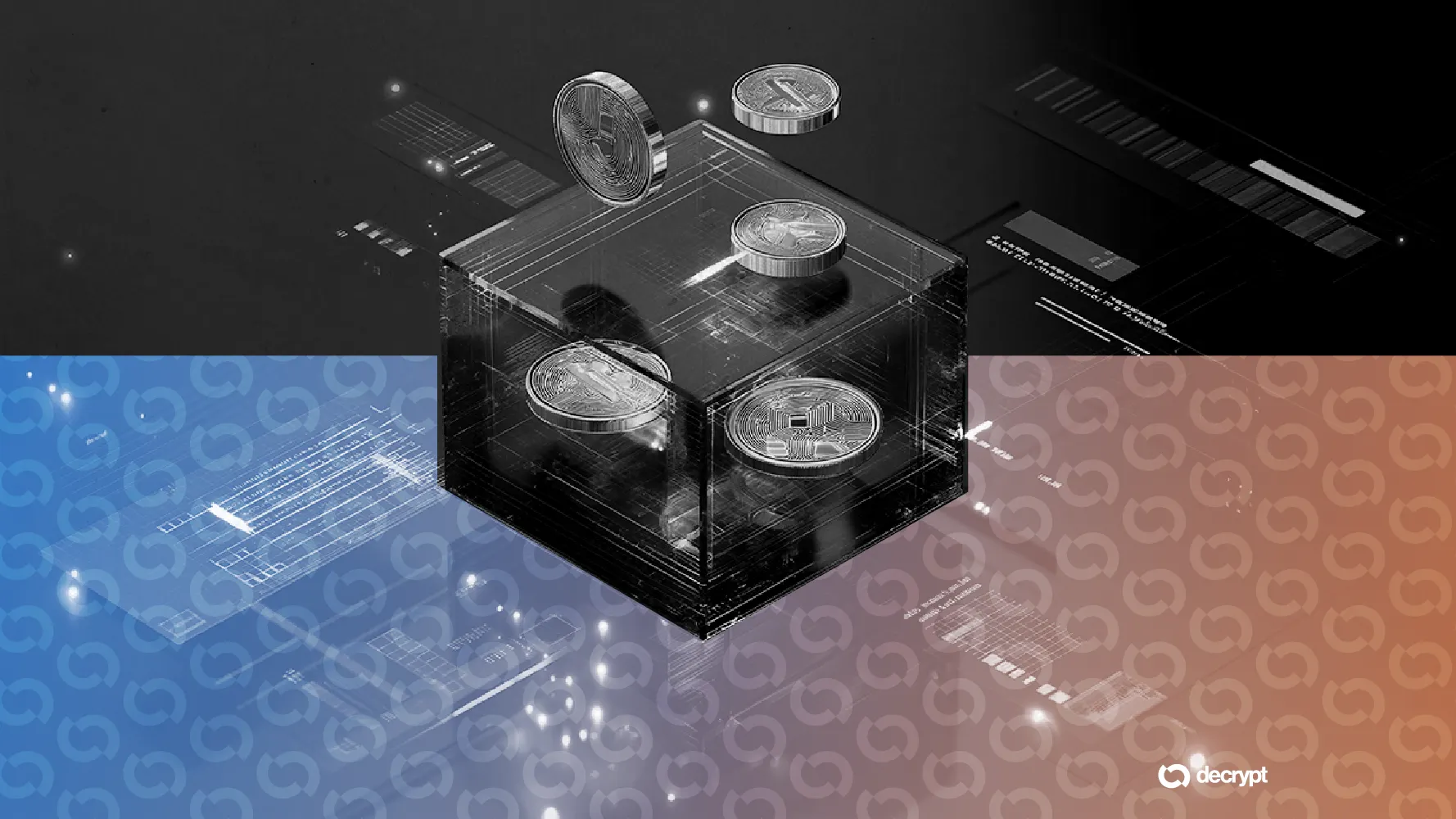In brief
- DIMO has established a joint venture with Hakuhodo KEY3 to expand into the Japanese market.
- The platform's community will vote to approve funding for a 33% equity stake.
- Japan's connected vehicle market is projected to hit $1 trillion by 2030.
Japanese automakers have spent billions developing connected car features, yet most vehicle data remains locked in corporate silos. Now, a U.S.-based blockchain startup wants to change that dynamic in one of the world's most advanced automotive markets.
Decentralized vehicle data platform DIMO announced today that it is expanding into the Japanese market through a joint venture with Web3 company Hakuhodo KEY3, targeting automakers who struggle with costly infrastructure development and tightening privacy regulations.
"Japan remains an integral part of the global market, with key automakers, Tier 1 suppliers, and mobility innovators all concentrated in the country," DIMO Japan CEO Ryo Hayashi said in a statement shared with Decrypt. "Our immediate focus is to expand the DIMO platform and allow local companies to integrate with it."
The move would help remove "infrastructure hurdles" for automakers, service partners, and third-party developers who are looking to "build and innovate" through their platform, Hayashi said.

Fuse Plugs Solana Token Into Energy Distribution DePIN Play
Fuse, a London-based renewable energy startup, is looking to reshape the way energy is generated, distributed, and consumed by offering incentives—including cryptocurrency—using mobile apps and decentralized technology. The initiative is a decentralized physical infrastructure network (DePIN), a fast-growing sector enlisting blockchain-based technology and tokens in infrastructure projects—in Fuse’s case, renewable electricity. “When you send power down a power line, there are power losses,” Fus...
Decentralizing software for vehicles
DIMO's decentralized physical infrastructure network (DePIN) operates like a marketplace for vehicle data.
Drivers maintain ownership of their information while automakers access aggregated insights to develop features ranging from real-time diagnostics to usage-based insurance.
Drivers connect their vehicles through DIMO's mobile app and earn token rewards for sharing anonymized data, creating a two-sided marketplace that incentivizes participation. DIMO claims it currently connects over 180,000 vehicles globally.
The timing appears strategic. Japan produces approximately 10% of the world's vehicles, including brands such as Toyota, Suzuki, and Honda, according to data released by the Japan Automobile Manufacturers Association in 2024.
Meanwhile, the connected and software-defined vehicle market is projected to expand from $200 billion in 2024 to over $1 trillion by 2030, according to industry estimates.

DePIN Project Wants to Send Satellites to Space to Give Internet to the Underserved
Spacecoin, a decentralized physical infrastructure network leveraging nanosatellites to provide high-speed internet to remote communities, has an ambitious lofty goal. Unveiled exclusively to Decrypt during Korea Blockchain Week in Seoul on Wednesday, the initiative aims to bridge the digital divide affecting billions of people, particularly in underserved areas, by leveraging infrastructure from Layer-1 blockchain Creditcoin. “Because of the cost, the network infrastructure today is centralized...
For DIMO, this means automakers urgently need data infrastructure to capture revenue from software, making its entry strategic for entering one of Asia's fastest-growing automotive markets.
For Japanese automakers, the partnership addresses a critical pain point around "privacy concerns and high development costs," DIMO explained.
DIMO will work within local privacy regulations and adhere to the specialized needs of local OEMs.
The venture follows DIMO's decentralized governance model, requiring token holders to vote on major treasury decisions.
The community will decide on June 16 whether to allocate $500,000 USDT and 4 million DIMO tokens for a 33% equity stake in the Japanese entity, ensuring that stakeholders directly approve strategic expansion rather than leaving decisions to executives alone.
Edited by Sebastian Sinclair




